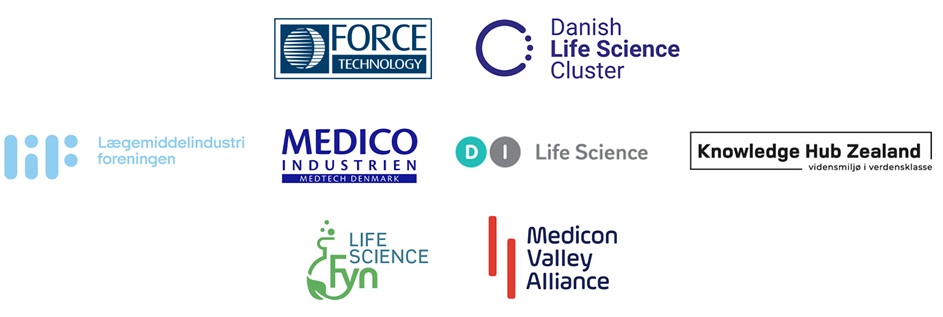New report: Green goals and digital demands in Danish life science
Danish life science companies are accelerating green transformation and digitalization, but recruitment challenges could slow this vital progress.
The report maps 'Technological needs and challenges in the life science industry in Denmark'. It is published with the Danish Life Science Cluster, Lægemiddelindustriforeningen LIF, Medicoindustrien, DI Life Science, Knowledge Hub Zealand, Medicon Valley Alliance and Life Science Fyn.
The report's results indicate that green transformation and digitalisation are significantly higher on the sector's agenda than when the first survey was conducted three years ago.
At the same time, the report indicates that recruitment difficulties are the biggest challenge for the entire industry and individual companies.
Key findings:
1) Green transformation gains ground:
- 78% of companies now prioritize sustainability, up from under 50% in 2020.
- Initiatives include ESG reporting, waste reduction, and sustainable materials.
2) Digitalization’s growing role:
- 85% of companies value digital tools like AI, robotics, and simulation.
- Data use has expanded across production, development, and reporting.
3) Labor shortages loom large:
- Recruitment is a critical issue for 51% of all companies and 70% of medium-to-large firms.
With sustainability and digitalization at the forefront, Denmark’s life science industry has enormous potential. However, overcoming labor shortages and fully utilizing advanced technologies will be essential to maintaining global leadership.
Facts
The report is based on an anonymous questionnaire survey with the participation of 153 respondents in Danish life science companies. The responses were collected in the period May-June 2023.
The questionnaire is a repetition of the survey carried out in December 2020.
FORCE Technology conducted the study in collaboration with the
- Danish Life Science Cluster
- Lægemiddelindustriforeningen LIF
- Medicoindustrien
- DI Life Science
- Knowledge Hub Zealand
- Medicon Valley Alliance
- Life Science Fyn.
Denmark's life science industry employs just over 50,000 people and accounts for approx. 20% of total Danish merchandise exports.
The Danish government is working on a strategy for life science to ensure that Denmark can maintain its position as a leading life science nation. According to the plan, the strategy will be launched in the spring of 2024.

What are the life science industry’s biggest technological challenges?
New report maps the technological challenges with digitalization and green transformation in life science companies.The report is published by:


